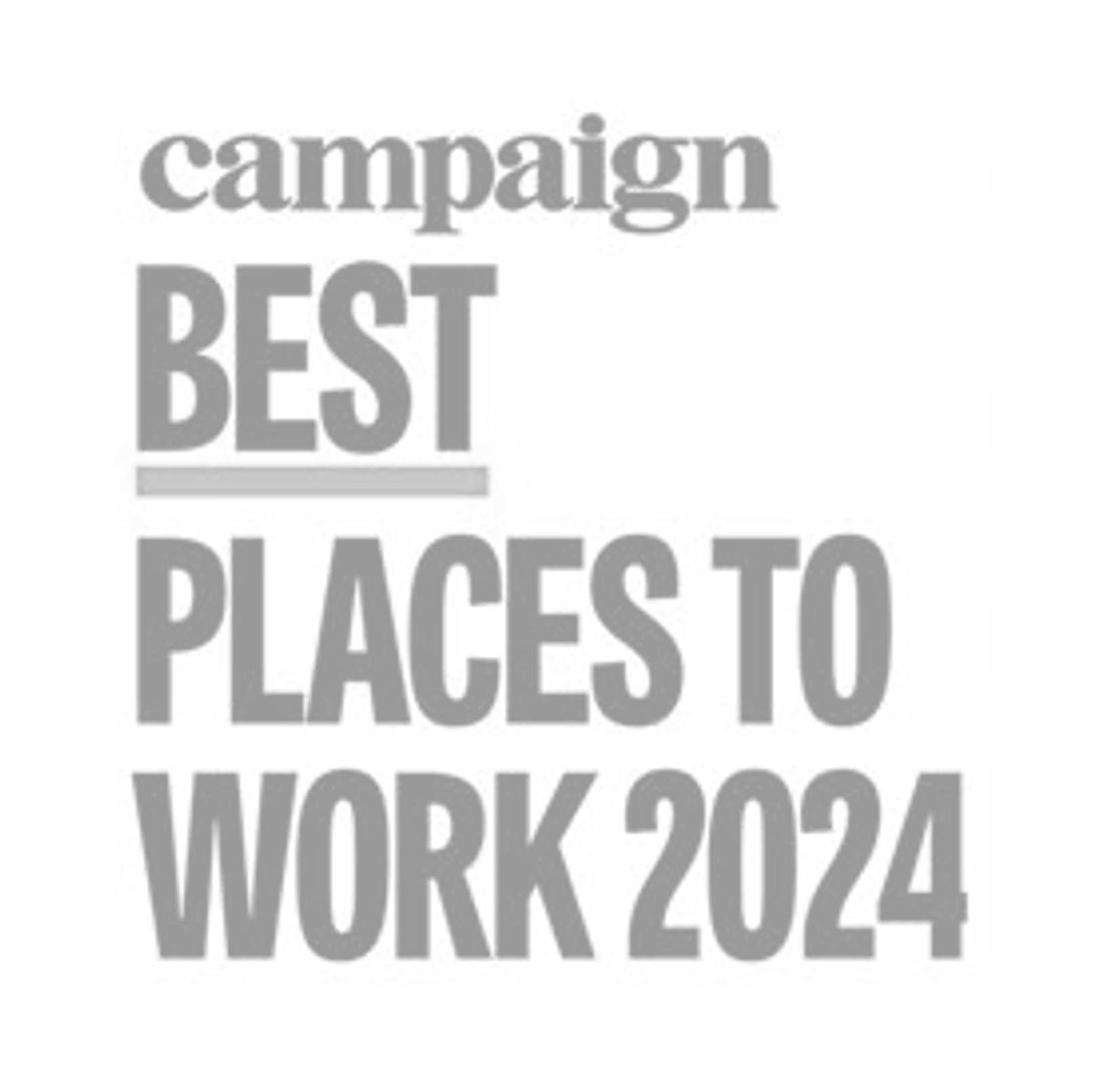New tech can help ensure contextual relevance and alignment
Wherever audiences gather, marketers are sure to follow, so when podcasts boomed in popularity during the pandemic years, advertisers began to take notice. From an advertiser’s point of view, podcasts represent a very interesting and relatively unique marketing channel, given the higher-than-average engagement levels of listeners and the ability to target audiences contextually around a particular topic, without the use of third-party cookies or personal data.
As a result, investment in podcast advertising rose by 32% in 2022, beating the UK digital ad industry’s overall growth of 11%. However, despite this positive movement, podcasts still make up less than 1% of total UK spending on digital advertising. Recent WARC research in partnership with Spotify Advertising found that while digital audio now commands around 20% in several major markets, media investment in digital audio hovers at around 1% among Retail and CPG brands.
Growing pains
The reasons for this striking imbalance are not entirely clear. After all, the same WARC research found that listening to podcasts has become a mainstream habit. Even in more mature markets like the US, the number of downloads is increasing by 33% annually. In countries like France, Spain and Italy, growth is exploding. What’s more, consumer packaged goods brands tended to take a favourable view of podcast advertising: 83% agreed that listener growth since the pandemic made it a more viable medium and 81% agreed that podcast audiences were highly engaged. Encouragingly, 64% of marketers plan to increase their spending on podcast advertising over the next year.
One possible reason for the current sluggish investment in podcast ads is that the marketplace is still relatively new and, as such, is largely unregulated when compared to, for example, advertising on network TV or radio. Many podcasts are produced independently, with the hosts not bound by the same conventions that govern traditional broadcasters. For example, with host-read ads, some creative control is taken away from brands, leaving them susceptible to being placed within a controversial topic of discussion. But whilst no brand wishes its messaging to appear alongside content that is irrelevant or inappropriate, they shouldn’t be scared of podcast advertising. It may be a relatively new channel, but collectively the industry is on top of these challenges and taking the appropriate actions.
In fact, we are finding that more brands are looking to run podcast ads than ever before, and it’s coming from brands themselves, not just from media agencies, which demonstrates podcast ads are no longer a niche channel. Also, interestingly, as we enter H2 2023, the brand safety concerns surrounding the podcast advertising space are giving way to conversations about ‘brand suitability’, focusing less on fear and more on alignment. These conversations, coupled with the ability to dynamically insert audio ads, highlight the need for products that can tailor the message to each listener. Indeed, there’s a clear benefit in matching the context in which an ad is placed to the product being promoted (i.e. matching products to the podcast theme), but why go through all of that effort to then serve a generic ad that doesn’t match the listener’s context? Therefore, brands should be looking to align the theme, product and messaging.
Suits you
Acast research found that, when compared to other platforms, podcasts are perceived as the most brand-safe (according to 83% of listeners) with radio following shortly behind at 81%. Our own conversations with agency contacts support this, as the majority are not concerned about brand safety, given IAB Europe has cited audio as the most trusted digital medium when compared to the likes of video and social media.
Of course, for brand advertisers, inappropriate content doesn’t just mean taboo or adult-oriented content – it can also refer to the suitability of advertising against specific topics. For example, a meat-based product wouldn’t want its ads to appear on a vegan podcast.
With the question of brand safety largely answered, podcast creators and publishers must now turn their attention to ‘suitability’ and demonstrate how brands and agencies can better align advertising alongside contextually-relevant genres and content. Thankfully, there is now technology available that ensures a brand’s ad can be tied to a podcast’s themes and topics.
Acast, for example, recently launched a product that uses keywords to identify the themes being discussed on a podcast and our client Boots is currently utilising this. So, if the genre of the podcast is health, then moisturisers and shampoos will be promoted, but if the theme is beauty, then mascara and lipstick will be promoted instead.
Another example is Host Intelligence which is an AI-powered platform that analyses news and online content surrounding podcast hosts to help advertisers choose the most appropriate sponsorships. Meanwhile, Spotify partnered with Integral Ad Science (IAS) last year to create a brand safety framework for podcasts to help the industry understand the tools and resources needed to effectively deliver brand safety and suitability in podcasting and digital audio at large.
Ultimately, the efforts being made by the likes of Spotify and the IAB to combat issues before they arise have strengthened brands’ trust and confidence in audio. And many of the challenges that existed previously in emerging digital channels won’t be easy to replicate across audio thanks to the work that these big players are doing.
In an increasingly crowded and turbulent marketplace, connecting with customers on a deeper level has become more important than ever before. Podcast audio ads offer new opportunities for advertisers to make these connections and serve contextually relevant advertising to a highly engaged audience. It’s time for more advertisers to tune into the potential of podcast advertising.












